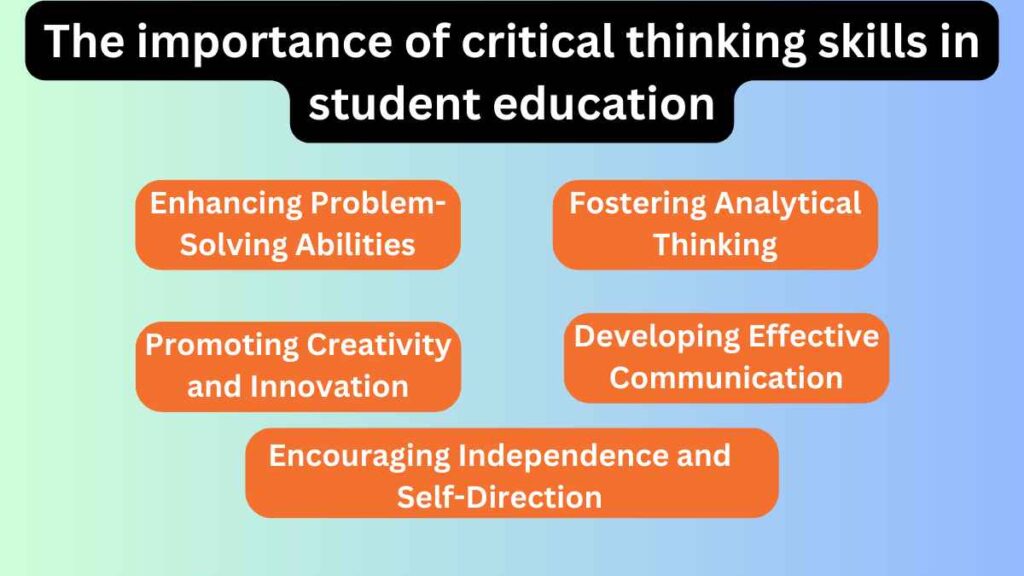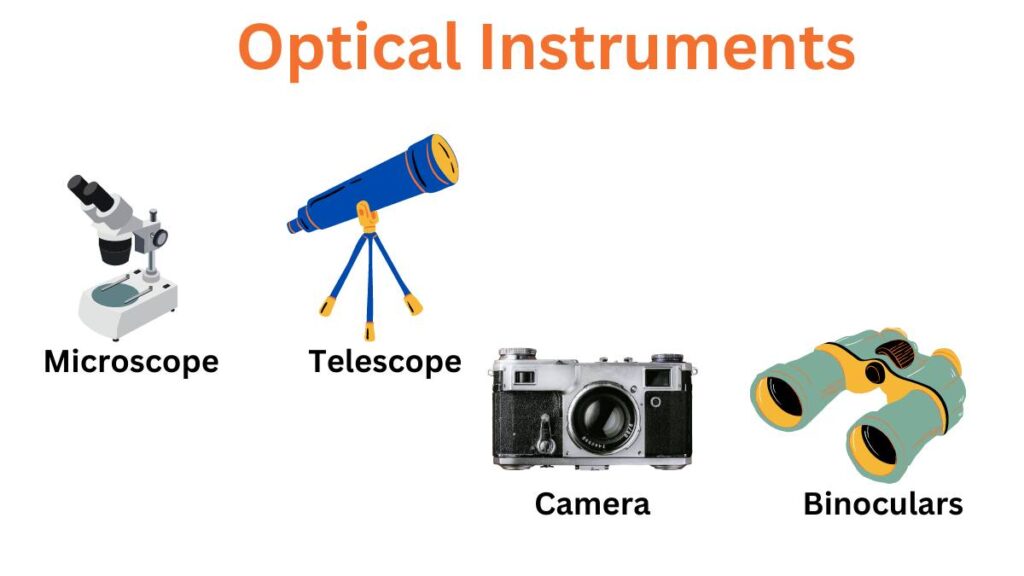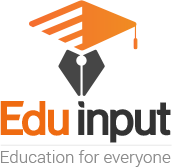Your resume is your first chance to make an impression on a potential employer. While listing your work history and education is important, you also need to highlight your key skills. The skills section allows you to showcase the abilities you have that are relevant to the job you are applying for.
When crafting your skills section, it’s important to be specific. Generic skills like “communication” or “teamwork” don’t tell the employer much. Use action verbs and get into details about your proficiencies.
Examples of skills in Resume
Here are 10 examples of effective skills you can include in different categories on your resume:

1: Technical Skills
The technical skills section is especially important for jobs in IT, engineering, science, and other technical fields. Some examples include:
- Proficient in Python, Java, C++, SQL and other programming languages
- Skilled in MATLAB, AutoCAD, SolidWorks, and other design/modeling software
- Experience with Linux, Mac, Windows, and other operating systems
- Knowledge of HTML, CSS, JavaScript, and web development frameworks like React
- Proficiency in tools like Tableau, R, and SAS for data analysis and visualization
2: Computer Skills
Many jobs require basic to intermediate computer skills. Examples are:
- Microsoft Office (Word, Excel, PowerPoint, Outlook)
- Google Workspace (Docs, Sheets, Slides)
- Adobe Creative Suite (Photoshop, InDesign, Illustrator)
- CRM software like Salesforce or HubSpot
- Zoom, Skype, Slack, Teams for virtual communication
- Typing speed of 60+ words per minute
3: Organizational Skills
For administrative, executive assistant, and other support roles, highlight organizational abilities like:
- Calendar management, including scheduling meetings and appointments
- Records management, maintaining digital and physical filing systems
- Project coordination experience, like overseeing timelines and deliverables
- Strong attention to detail and ability to prioritize tasks
- Experience coordinating travel arrangements and submitting expense reports
4: Interpersonal Skills
Any job that deals with people requires strong interpersonal skills. Some examples are:
- Excellent verbal and written communication abilities
- Experience collaborating on cross-functional teams
- Skilled in active listening, conflict resolution, and presenting ideas
- Fluent in Spanish, French, or other second languages
- Comfortable communicating with all personality types
5: Leadership Skills
For management, executive, and supervisory roles, important leadership skills include:
- Managing remote teams and cultivating an inclusive culture
- Resolving complex problems through creative thinking
- Implementing staff training, mentorship, and enrichment programs
- Overseeing department budgets and tracking key performance metrics
- Developing growth strategies and executing operational excellence
6: Healthcare Skills
For jobs in healthcare, highlight technical abilities like:
- Proficient in electronic medical records (EMR) software
- Certified nursing assistant (CNA) or emergency medical technician (EMT)
- Familiar with medical terminology, anatomy, physiology
- Trained in HIPAA compliance best practices
- Experience administering medications, venipuncture, injections
7: Retail Skills
In retail, customer service is key. Important abilities include:
- Providing excellent customer service and resolving issues
- Handling cash transactions, returns, exchanges
- Operating Point of Sale (POS) systems
- Knowledge of inventory management and loss prevention
- Creating attractive product displays and signage
8: Creative Skills
For creative roles, technical and soft skills may include:
- Expertise in Adobe Creative Cloud, CAD, or other design tools
- Strong visualization and drawing/painting skills
- Excellent color sense and typography skills
- Developing concepts to convey compelling messages
- Comfortable receiving constructive feedback on designs
- Producing high-quality work under tight deadlines
9: Teaching Skills
Some key skills for education roles may be:
- Developing creative and engaging lesson plans
- Utilizing technology effectively in the classroom
- Employing differentiated instruction strategies
- Evaluating student progress and providing feedback
- Classroom behavior management techniques
- Partnering with parents and the school community
10: Analytical Skills
For jobs involving data analysis, highlight abilities like:
- Utilizing Excel to organize, analyze, and visualize complex datasets
- Building financial models and performing sensitivity analysis
- Experience with statistical analysis tools like SAS, SPSS, and R
- Conducting qualitative research, including interviews and focus groups
- Reviewing information to draw insightful, data-driven conclusions
As you can see, being specific is key when listing your skills. Keep them relevant to the job and back up general claims with real examples. With a well-crafted skills section, you can show employers you have what it takes to excel in the role.
































